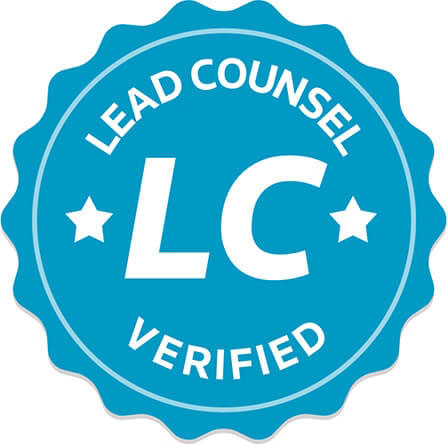Small Estate Plan
Plan for Now and the Future
What is an Estate Plan
An estate plan can serve many purposes. An effective estate plan can protect you before and after death. An estate plan protects you when you are living by providing a plan for incapacity. The plan allows others to pay your bills, make financial and medical decisions for you when you cannot make decisions for yourself. You decide who you want to make the decisions and how much power you want to provide. An estate plan also provides a clear plan for what happens with your assets when you die.
Estate Planning is for Everyone
Everyone has an estate or assets they have accumulated. There may also become a time when you cannot make decisions for yourself and have to rely on others. Estate plans provide a framework for what happens in the most challenging times of our lives. While some may think estate planning is only for the rich, this cannot be further from the truth. In fact, families with modest assets may benefit the most from an estate plan because a plan can save time and money upon incapacity or death.
If you fail to make a plan, the State has a plan for you; but, you may not like the results. If you become incapacitated, your family may have to go to court for permission to make decisions for you. If you die without a plan, the State will divide your assets according to its plan. If you have minor children, the court will decide where they go. In both cases, the court’s plan may differ significantly from your wishes. An estate plan allows you to make a plan, make your wishes known, and decide who will raise your children.
What is a Simple Estate Plan
A simple estate plan is sufficient for most individuals and families that do not need tax planning (likely necessary with a large estate, multiple properties, or business interests), care for special needs dependents, or Medicaid planning. A simple estate will typically have the following documents: Last Will and Testament, Power of Attorney, Medical Power of Attorney, Directive to Physicians (living will), and a HIPAA Release. These documents are explained below.
A Last Will and Testament (also known as a Will) is a legal document that allows you to say exactly what you want to happen to your assets and minor children after death. It also allows you to nominate an executor, who will manage your estate, pay your debts, expenses, and taxes, and distribute your estate according to your wishes. This legal document allows you to make decisions on how your estate should be handled after your death; otherwise, the state will have to get involved and your wishes may not align with the decisions made by the state.
A Power of Attorney gives someone, an agent, permission to handle your financial affairs for you. It becomes “durable” if it continues to be active once you become mentally incapacitated. You can limit the amount of power you give to an agent and designate one or more alternate agents in case your primary agent has died before you or cannot do the job because of their own illness. A power of attorney helps prevent the need of having to have a guardian named if you become incapacitated.
A Medical Power of Attorney allows someone you appoint, an agent, to make medical decisions for you when you cannot make decisions for yourself. The Medical Power of Attorney will enable you to instruct your agent on treatment types you do not want. You can also designate an alternate agent if your appointed agent is unable to or unwilling to act as your agent, for example, if your agent becomes sick or dies.
A Directive to Physicians, also known as a living will or advanced healthcare directive, provides a plan to your doctors and medical agent for your wishes if you have an irreversible medical condition or terminal medical condition and cannot express your wishes. A Directive to Physicians allows you to decide whether you want to be given life support or allowed to pass gently if one of these conditions occurs.
Medical information is protected by federal statute from disclosure. A HIPAA Release is an authorization to release your medical information to selected individuals.

Get Started Now
Have questions or ready to get started?
Call 817.877.3355 or complete the questionnaire below and we will contact you.









